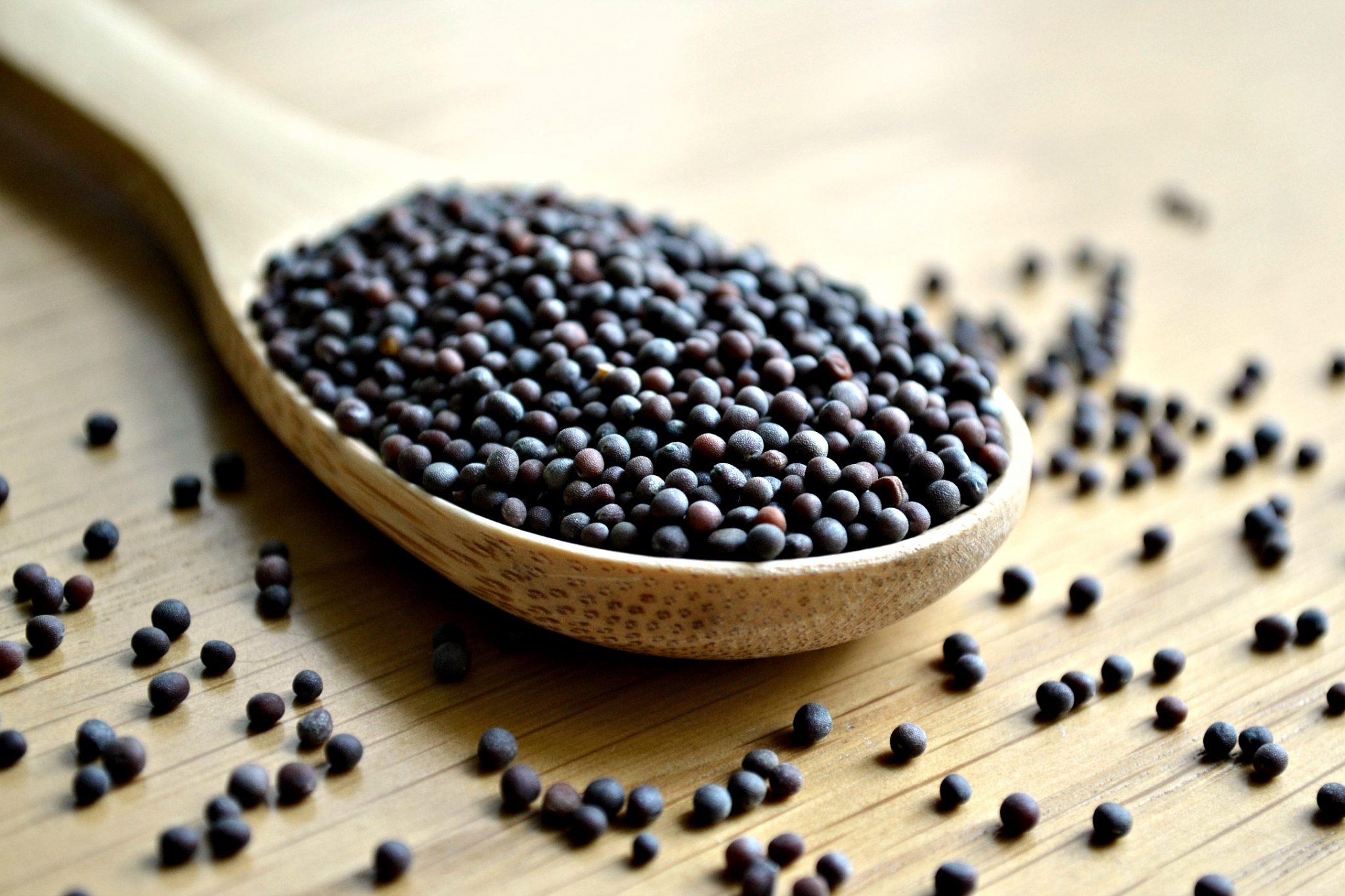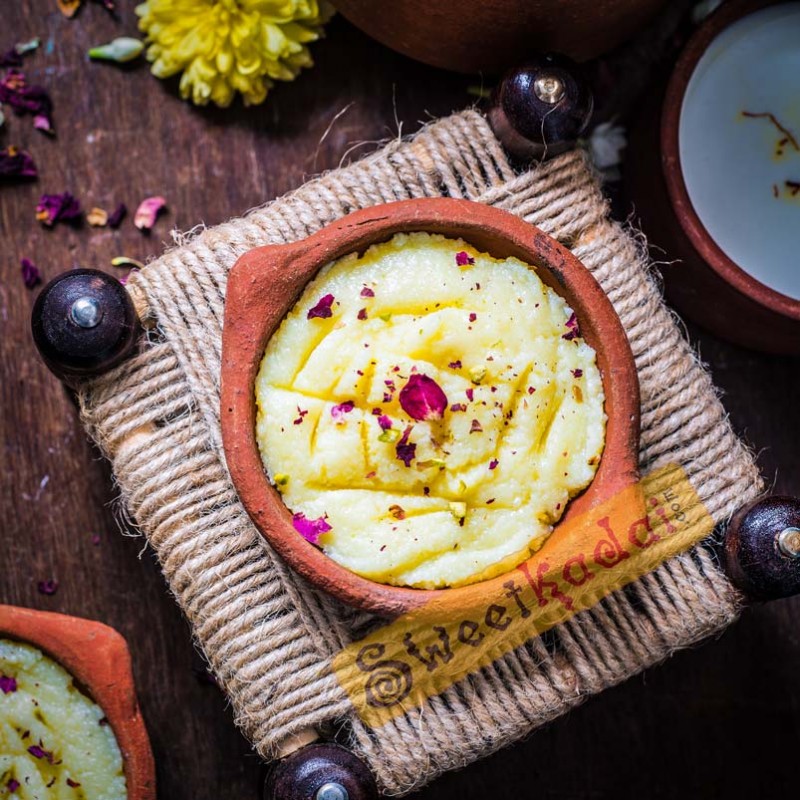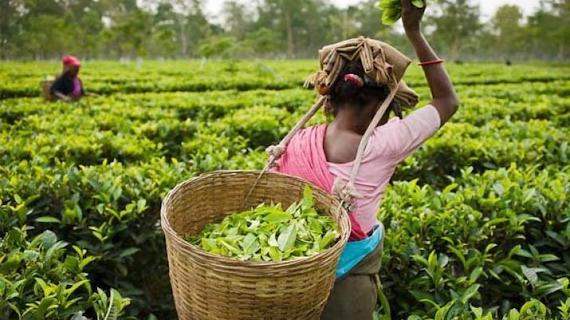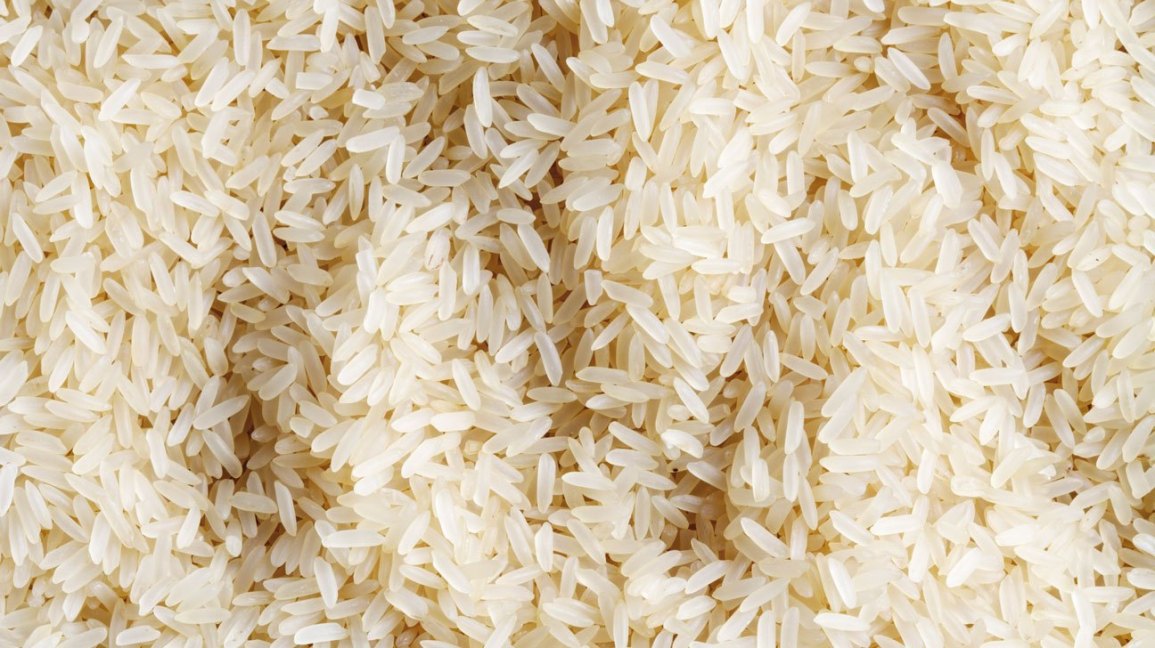Mustard seeds are commonly seen in our Indian food recipes, which add a tadka (tempering) as well as swaad (flavour) to our daily food. Mustard seeds have a variety of names in this diverse country – ‘Sarso’ or ‘Rai’ in Hindi, ‘Avalu’ in Telugu, ‘Kadugu’ in Tamil, ‘Shorshe’ in Bengali, ‘Mohori’ in Marathi and ‘Rai’ in Punjabi. It is available in white, brown and black varieties.
Mustard seeds have been explored by Greeks, Romans, Asians and Africans and are now fitted into their cuisine. Americans have greatly accepted and integrated this in their cuisine as well, the mustard sauce is a famous delicacy. Mustard seeds have been mentioned in the Bible itself, but its first usage can be tracked down thousands of years back in some of the Sanskrit scripts.
There are many health benefits of mustard seeds such as cancer treatment, rheumatic arthritis, migraine, respiration congestion, nightshades, disease prevention, dietary fibre, asthma, cancer risk prevention, blood pressure and menopausal relief.
Mustard seeds also have skin benefits like it is a natural scrub for your skin, it helps to moisturize and hydrate your skin, slows the aging process and fights any fungal skin infections. Whereas it also has some hair benefits like it strengthens your hair and helps it to grow faster. Thus, mustard seeds have their own beauty benefits as well.
Some interesting facts about mustards are that it is mentioned about 5 times in the Bible and it is the second most popular spice that is traded in the whole world.





